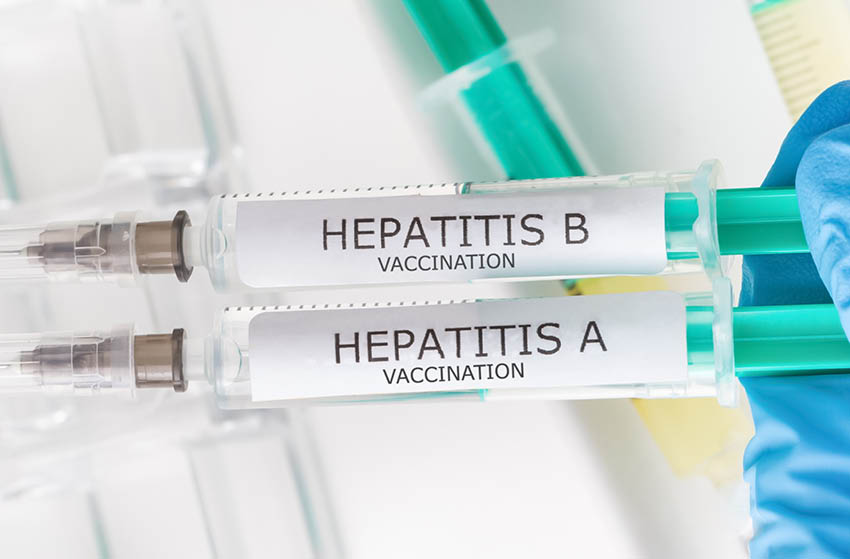Why travellers prefer Blue Cross
- Canada's #1 travel insurance brand and recognized worldwide
- Over 80 years of expertise in insurance
- $5 million travel insurance coverage, with or without deductible
- Flexible and affordable travel insurance solutions
- Free quote available online
- Travel assistance available 24/7 for any emergency, anywhere you travel

Avoiding Hepatitis A and B While Travelling
Published on: February 19, 2019
In a travel health clinic, we offer a lot of advice about hepatitis A and B. Both forms of hepatitis are easily preventable by being vaccinated and public health officials recommend immunization for most travel destinations. These common vaccines are part of the basic immunization schedules for children, and most travellers tend to be vaccinated on a preventative basis. But do you really know what hepatitis A and B are?
Healthy travelling while avoiding hepatitis
What are hepatitis A and B?
Hepatitis (or hepatitides) is a viral infection that attacks the liver and causes it to become inflamed. There are five types of hepatitis, but A and B are the most common and the only ones that are preventable through vaccination.
How do you catch hepatitis A and B?
Hepatitis A is contracted by ingesting water or food that has been contaminated by human fecal matter of someone carrying the virus. Raw food is particularly susceptible to contamination, as are any foods that haven’t been prepared under proper hygienic conditions. Sexual transmission is also possible but is rarer.
Hepatitis B is contracted through bodily fluids during unprotected sexual relations with someone carrying the virus, or during labour, intravenous drug use with shared syringes, tattooing, and use of improperly or insufficiently sterilized spa service tools us and medical equipment.
What are the symptoms?
Hepatitis symptoms can take a while to show up; from 15 to 50 days for hepatitis A and from 2 to 6 months for hepatitis B. While some people may never develop symptoms, hepatitis infection can cause:
- Fever
- Fatigue
- Loss of appetite
- Nausea, vomiting and stomach pain
- Darkened urine
- Jaundice
What treatment is there?
There is no treatment for hepatitis A. People generally recover on their own after a few weeks and then develop lifelong immunity.
As for hepatitis B, while most adults will recover on their own, a small percentage of people will have a lifelong infection. Those people will remain carriers forever and may have to be treated with antiviral medicines.
How can hepatitis A and B be prevented?
To avoid contracting hepatitis, the best advice is to avoid the risks outlined above.
In addition to taking precautions, there are a number of vaccines available in Canada that are effective against hepatitis A and B. Depending on your age, you may have already been vaccinated while attending school, for example. If you haven’t been, it would be advisable to get the vaccine at a travel health clinic or through your family doctor.
How effective are the hepatitis vaccines?
The hepatitis A vaccine is effective in 95 to 100% of cases. The hepatitis B vaccine is effective at producing antibodies in 95% of people who receive it. That means that these are very effective vaccines when given to individuals who are healthy at the time of their immunization. Once all the dosing has been completed, there is no need for revaccination.
As a health practitioner, given the effectiveness of these immunizations and to help promote healthy travelling, I see no good reason to travel unprotected. Being vaccinated can only help you avoid unnecessary worry while abroad and may even mean you won’t have to rely on your Blue Cross travel insurance during your trip.
Gabrielle Asselin
Sources
Government of Canada (hepatitis A and hepatitis B)